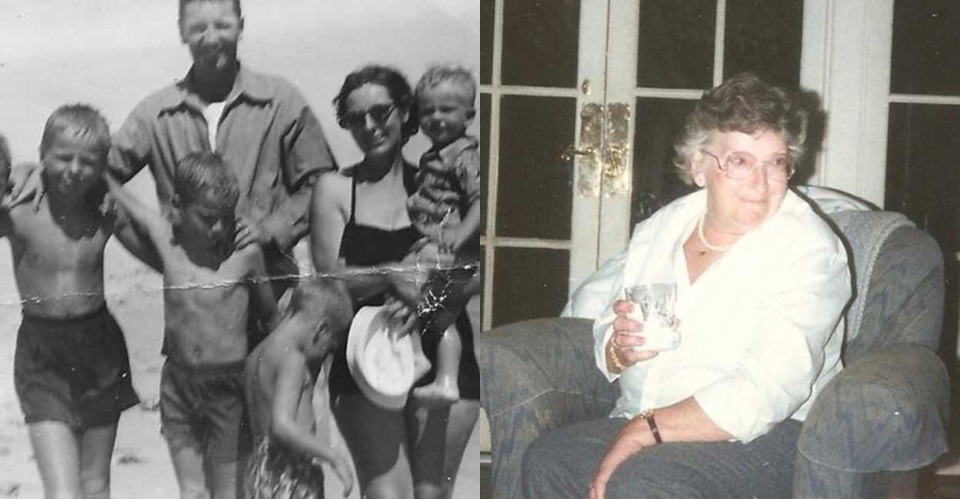It was one of those early summer days that looked almost too perfect to be real, the kind that made the sky look freshly painted and the air feel soft and forgiving. While most people hurried through their routines, a woman spent the day with her mother, an eighty-year-old who was terminally ill but smiling her way through a rare good day. The hospice nurses had told her that days like this sometimes happened near the end, a quiet burst of strength before the body finally lets go. It felt like a minor miracle, so they decided to make the most of it.
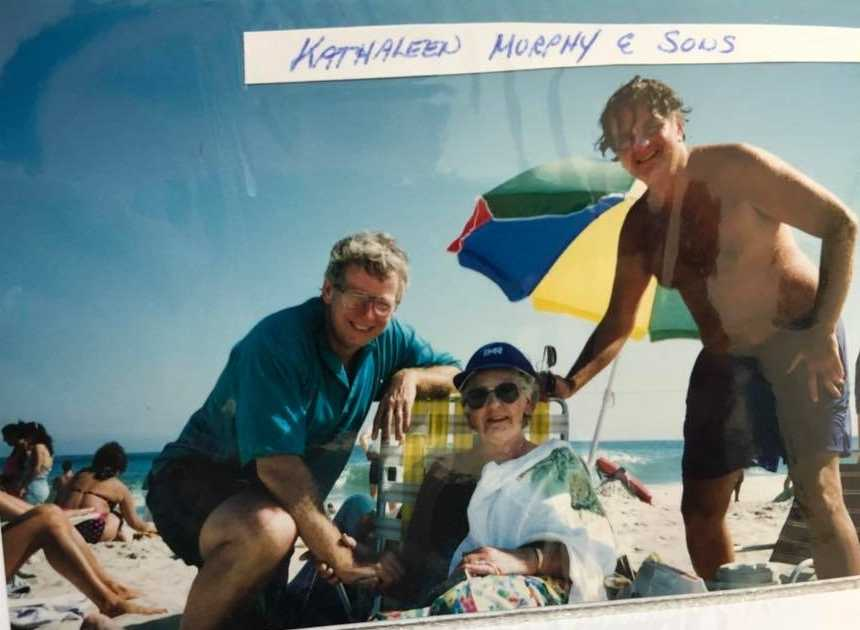
A road trip, she thought, seemed like the right thing to do. Her mother had lived for almost twenty years in Southampton, a place that shimmered with reputation and ocean salt. When people heard “Hamptons,” they often thought only of the rich and famous, but it had always been something more profound for her mother. This land reminded her of Ireland, where her roots had once grown wild and green before life took her across an ocean.
Years ago, her father, a New York City police sergeant, had been told by a fellow officer about a little spot that looked like Ireland’s countryside. So, one weekend, her parents packed up the car in the Bronx and drove east, past where the highway ran out and the roads turned to farmland and open fields. When they finally reached the North Sea, the mother had fallen in love. She had stared out at the Little Peconic Bay, that stretch of blue meeting the horizon, and something inside her had softened. It was peaceful, familiar, almost like coming home.
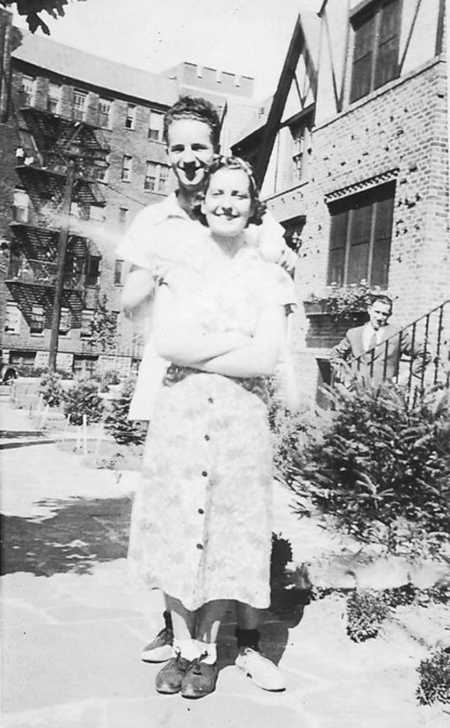
Every summer after that, they returned, seven kids tumbling out of the car, running barefoot toward the water. Their father worked hard on a policeman’s salary, and summer rentals were a luxury made possible only by the kindness of a generous, slightly eccentric aunt. But those summers were the kind that stitched themselves into memory forever. There were cottages with squeaky floors and screen doors that slammed, sandy sandwiches, penny candy, and long days that seemed to last forever.
For kids from the Bronx, those weeks in the Hamptons were an escape into another universe. They swam until sunset, collected shells, and ran through the dunes pretending to be explorers. Their mother laughed more in those summers than she did the rest of the year, her hair windblown and her face sun-kissed. It was a kind of freedom they never forgot.
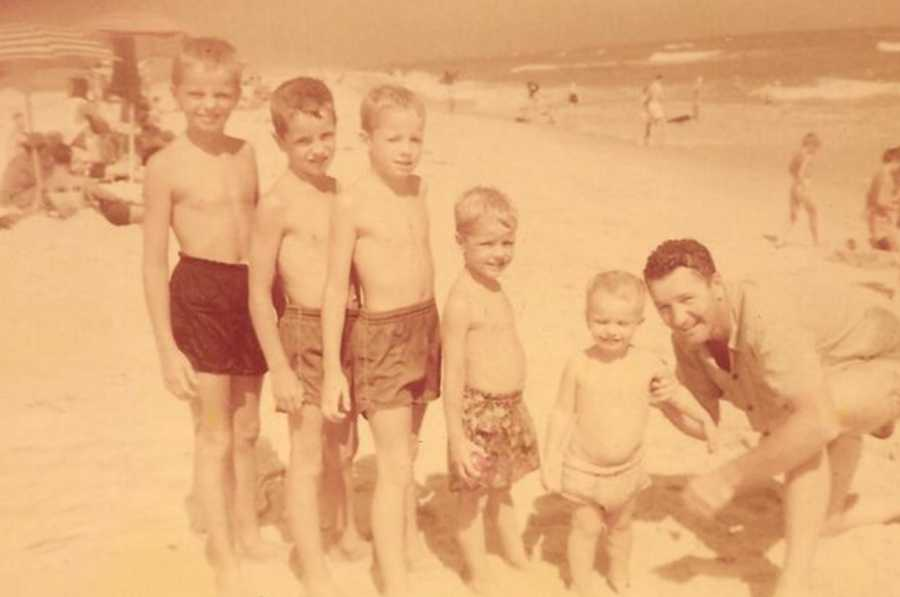
Decades passed. The children grew up, their father became a lieutenant, and eventually, the parents bought a little cottage near the bay. It wasn’t grand, but theirs was their first home. When her father died, his insurance money helped turn the cottage into a year-round home, and her mother moved there permanently. She worked for the local church, welcomed her children and grandchildren all summer, and kept a calendar of who was coming when, a kind of family rotation that filled her heart.
On this day, years later, the daughter wanted to take her mother back along those familiar roads, maybe for one last time. The older woman hesitated, self-conscious about her appearance. The illness had taken her hair and some spark, and she worried that people would stare. But her daughter just smiled and told her that if anyone looked, they’d simply think she was a wealthy, eccentric Hamptons lady. That made her mother laugh, and for a moment, she looked pleased, as if she had become exactly what she once dreamed she might be.
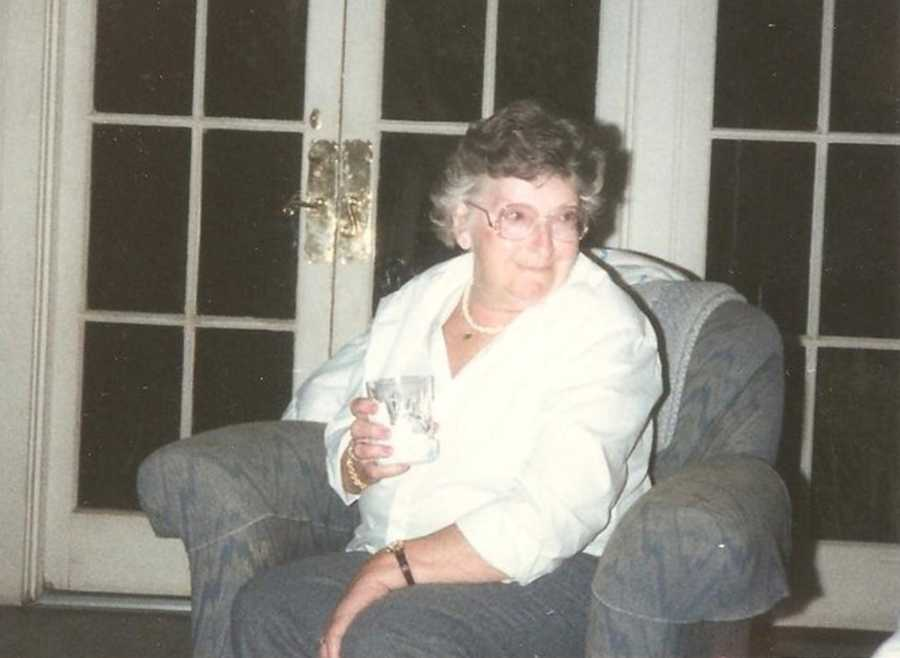
They drove the back roads all the way to Montauk. The mother gazed out the window, watching the old houses and gardens pass by, commenting on each like greeting old friends. At a seaside restaurant, they sat by the window, eating lobster bisque and oyster crackers, and she told stories about her husband, how he used to drive her out here for lobster rolls and clams when they were young and broke and happy. On the way home, the daughter pulled over at a lookout point. The ocean stretched beyond them, endless and blue, the same ocean her mother had crossed from Ireland to America as a child. Neither spoke for a while. It was one of those silences that said everything.
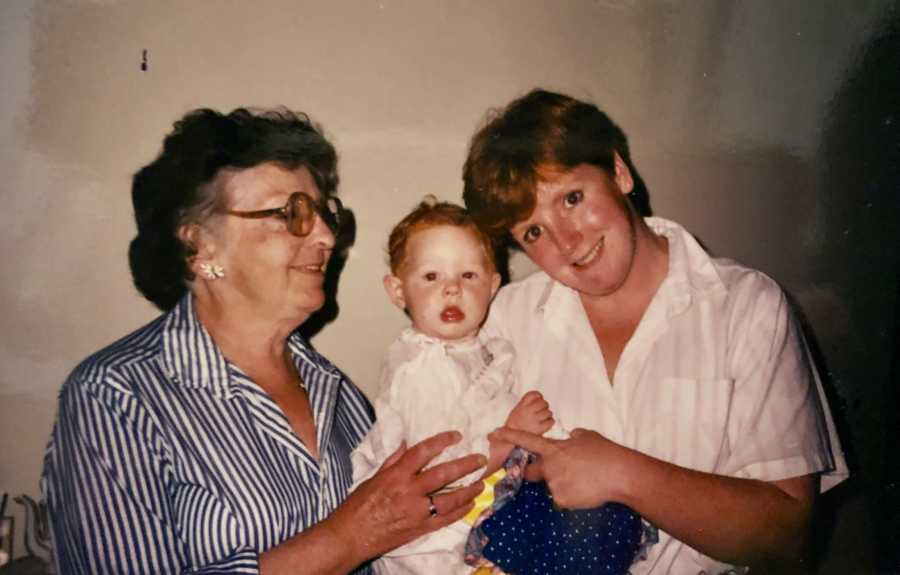
Ten years later, that daughter would write about that day, remembering the sun, the sea, and how her mother’s eyes looked when they caught the light. She would realize it had been her mother’s final journey, her last look at the water she had loved so much. And though both women are gone now, the story lingers like a tide, a reminder that love, like the ocean, never really leaves; it just changes form.
